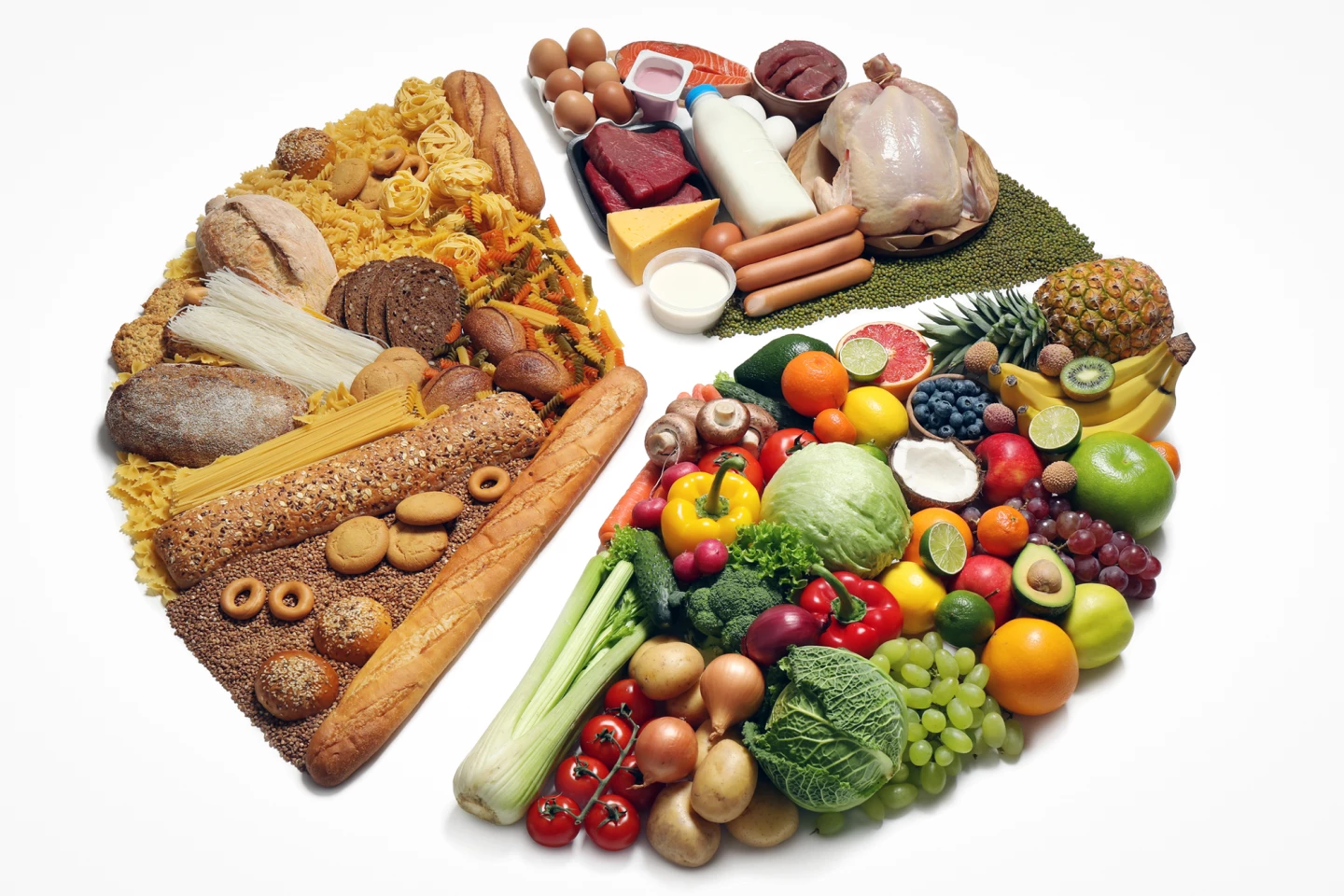A new study has shown how individual components of our diet – the protein, carbohydrates, fiber and fats we eat – can improve or worsen sleep quality. The findings suggest that dietary interventions could be used to enhance sleep health.
For a long time, science has told us that what we eat can affect our physical and mental health. We also know about the physical and psychological effects that poor sleep can cause. But what about the connection between these two essentials: diet and sleep?
A new study led by researchers from the International Institute for Integrative Sleep Medicine (IIIS) at the University of Tsukuba in Japan found that the macronutrients – carbohydrates, proteins, and fats – people eat can directly affect sleep quality.
“This cross-sectional study using real-world data from smartphone apps aimed to examine the hypothesis that there are relationships among macronutrients, dietary components, and sleep parameters,” said the researchers. “We also investigated the relationships between sleep and macronutrients while considering their interdependencies using compositional data analysis.”
The researchers analyzed data from 4,825 users of two smartphone apps, Asken and Pokémon Sleep, which collect information about dietary and sleep habits, respectively. Participants had to have used the apps for at least seven days to be included in the study. The average age of participants was around 37, and 81.6% were female.

From the information collected by Asken, the researchers focused on dietary components that previous studies had associated with sleep: total energy, protein, total fat (including saturated, monounsaturated, and polyunsaturated fats), carbohydrate, sodium, potassium, and dietary fiber intake. Pokémon Sleep data was used to calculate total sleep time, sleep onset latency (the time it takes a person to go from fully awake to asleep), and percentage of wakefulness after sleep onset (%WASO).
WASO is a measure of sleep efficiency. For example, if, after falling asleep, a person wakes up once during the night and stays awake for 25 minutes, their WASO is 25 minutes. The %WASO is calculated by dividing WASO in minutes by the total sleep time in minutes, then multiplying that number by 100. While WASO is an absolute measure of wakefulness in minutes, %WASO is a relative measure normalized to total sleep time, which helps provide a clearer picture of sleep efficiency.
Based on their analysis, the researchers found that people who consumed more protein tended to sleep for about 10 to 11 minutes longer on average compared to those who ate less protein. Those who ate more fats generally slept for a shorter time – about six to 10 minutes less on average. A diet containing more fats was associated with a higher %WASO, meaning more time spent awake after falling asleep, especially in those who consumed the most fats. A higher carbohydrate intake was linked to a lower %WASO, suggesting better sleep continuity. Eating more dietary fiber was linked to longer sleep duration and falling asleep faster. Consuming more sodium compared to potassium (a higher sodium-to-potassium ratio) was linked to less total sleep (participants with the highest ratio slept six to 11 minutes less), taking one to two minutes longer to fall asleep, and a higher %WASO.
The researchers then looked at changes in dietary composition instead of just comparing high versus low intake of components. They found that consuming more protein led to about 16 minutes more sleep. More monounsaturated fats (found in foods like olive oil, avocados, and nuts) led to taking about five minutes longer to fall asleep and spending more time awake during the night. Eating more polyunsaturated fats (found in fish, walnuts, and sunflower seeds) was linked to shorter sleep, but also falling asleep faster and waking up less during the night.
Takeaways from the study:
- Protein and dietary fiber seemed to improve sleep duration and quality.
- Consuming more sodium (more salty foods) relative to potassium (less potassium-rich foods like fruits and vegetables) may negatively affect sleep.
- A high fat intake, especially certain types of fat, may reduce sleep duration and cause more nighttime awakenings. However, the type of fat matters; some fats were linked to worse sleep, whereas others appeared to help people fall asleep faster.
The study does have some limitations. It does not provide causal explanations for the relationship between diet and sleep, and it may have included a highly health-conscious cohort, so caution is needed when generalizing the study’s findings to broader populations. Also, Pokémon Sleep uses gamified elements to collect sleep data, so users’ sleep patterns may have differed from their usual habits because they were focused on achieving goals within the game.

Because it was a retrospective study, it’s prone to participants not accurately reporting their dietary intake and sleep patterns based on memory. Additionally, some confounding factors such as alcohol and smoking habits, shift work, marital and cohabitation status, and medical and medication history were not considered. Nonetheless, the researchers maintain that their findings are useful and should prompt further study.
“Although this study is cross-sectional, the results highlight the complex potential role of dietary factors in sleep regulation and suggest the possibility of dietary interventions to enhance sleep health,” they said.
The study was published in the Journal of Medical Internet Research.
Source: IIIS, University of Tsukuba








